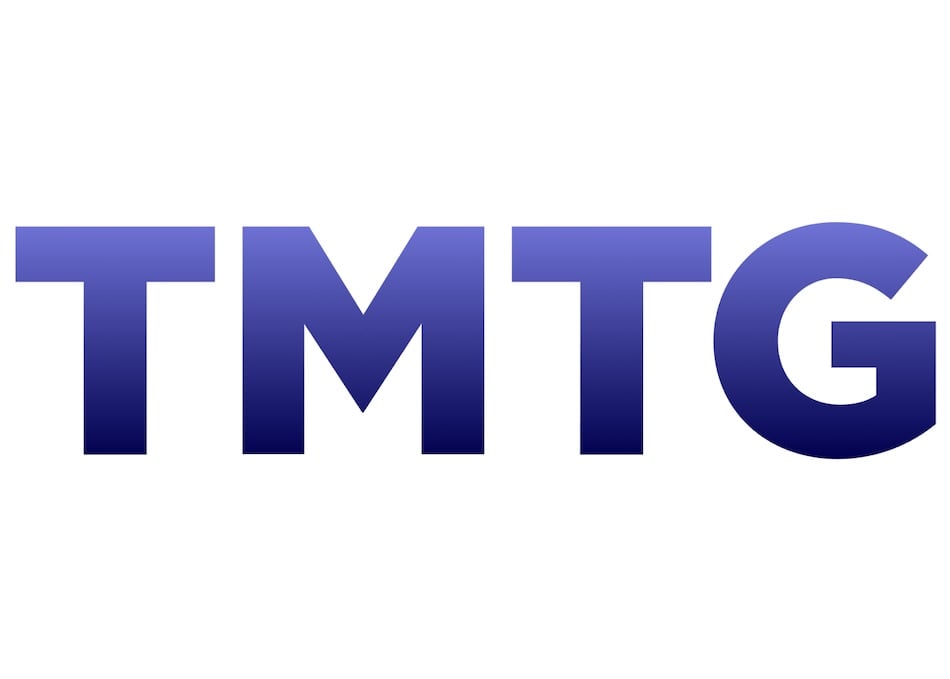
Mt. Gox has received court approval to delay its bitcoin repayment deadline by another year, moving the completion date from October 2025 to October 31, 2026.
This extension turns what could have been a sudden supply shock into a managed, gradual process, with repayments expected to flow through exchanges, custodians, and OTC desks over time rather than all at once.
Reasons for the extension
According to the trustee, the delay is due to incomplete creditor procedures and processing issues.
Repayments for base, early lump sum, and intermediate tranches have all been pushed back.
Previous payout phases at exchanges like Kraken, Bitstamp, and BitGo showed that even after release, actual sales and conversions can be dispersed across weeks or months.
The remaining estate is estimated at around 34,700 BTC, though this can shift with internal wallet movements.
Market absorption and ETF inflows
Scale and context have shifted since previous Mt. Gox deadlines.
U.S. spot Bitcoin ETFs have seen robust inflows—over $4.2 billion in October alone, with cumulative ETF holdings now rivaling or exceeding the entire remaining Mt. Gox stack.
This regulated demand, along with active market makers and authorized participants, helps absorb additional supply.
CME futures and options open interest has also reached record highs, boosting the market’s ability to hedge or warehouse coins without severe spot price shocks.
Issuance, timing, and macro factors
Following the April 2024 block subsidy halving, miners produce roughly 164,250 BTC annually—over four times the remaining Mt. Gox inventory.
Tax deadlines and rebalancing dates in major markets could cause sales to cluster, but the overall risk now extends throughout 2026.



